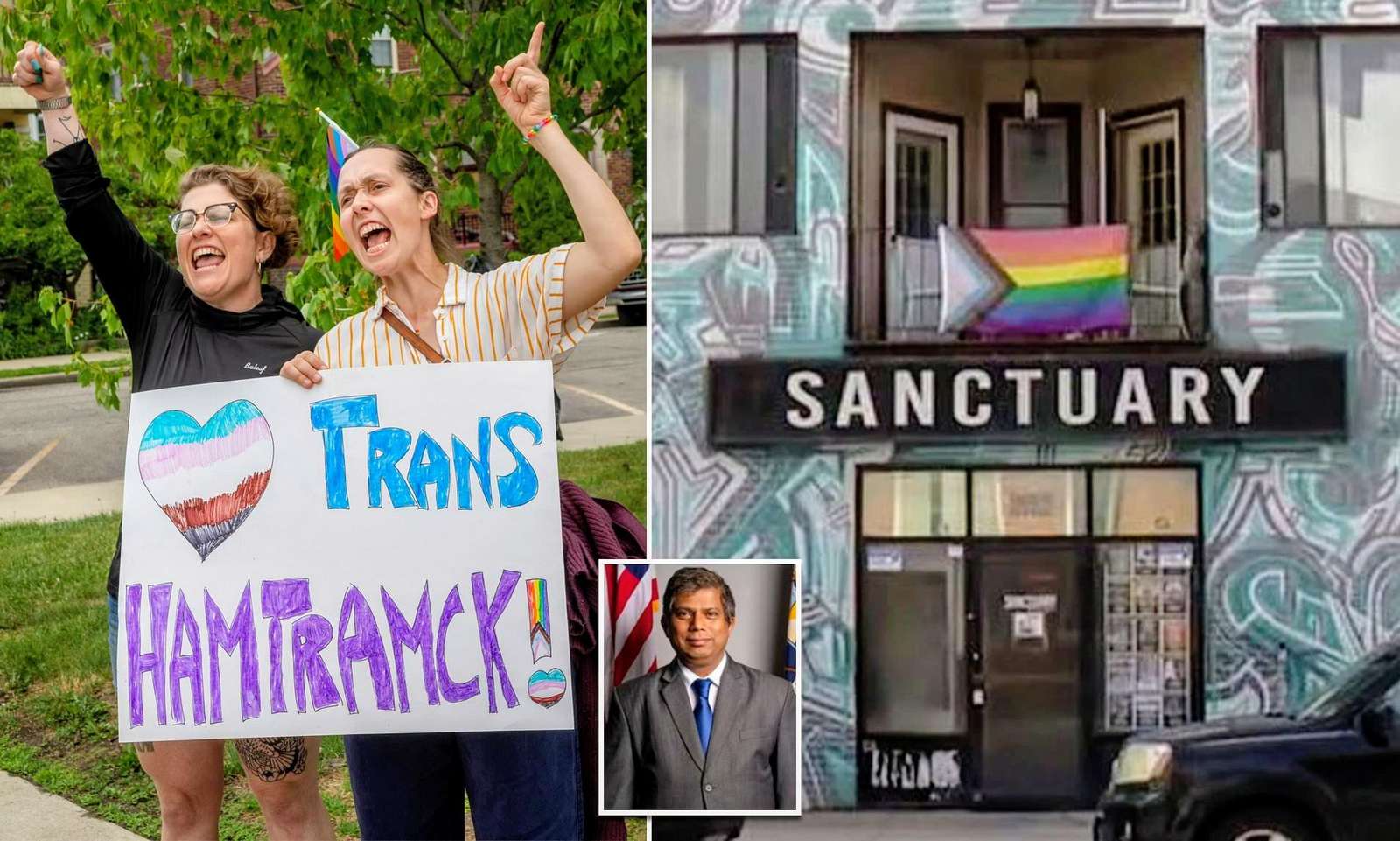In a significant legal development that underscores the principle of community autonomy, a federal judge has dismissed a lawsuit challenging Hamtramck, Michigan's policy on public flags. The ruling, delivered by U.S. District Judge David Lawson, affirms the city's right to control the flags flown on its public property, a decision that has been widely celebrated by the city's leadership and a large segment of its population.
The case centered on a 2023 resolution by the Hamtramck City Council that restricted the flags displayed on public buildings to only five: the American flag, the Michigan flag, the city flag, the Prisoner of War flag, and flags that represent the "international character" of the city's diverse population. This policy was adopted after a public debate regarding the display of the Pride flag, which some residents felt did not align with their community values.
Hamtramck, a city of approximately 27,000 residents, has a unique demographic makeup. It is a city with a significant immigrant population, with over 40% of its residents born outside of the United States. A large and influential part of the community is of Muslim faith, with many residents having Yemeni or Bangladeshi descent. The city's all-Muslim city council, a first in the United States, passed the resolution to ensure a neutral and inclusive environment for all residents, reflecting the collective beliefs of its majority population.
Mayor Amer Ghalib, a Yemeni-American who became Hamtramck's first Muslim mayor, has consistently maintained that the policy is about neutrality and preventing the display of any private flags—whether political, ethnic, or religious—that could be seen as divisive. The judge's decision supports this stance, ruling that the city's policy is constitutional because it applies to all private flags and does not target a specific group.
While opponents of the ban argued it was a violation of free speech, the court's opinion clarified that public property is not an open forum for all forms of expression and that the government has the right to manage its own displays. The ruling validates the city's position and sets a precedent for other communities seeking to establish similar policies based on their own collective values and traditions.
The city's leadership, including Mayor Ghalib and City Council members, have expressed their satisfaction with the outcome. The ruling is seen as a victory for a city that has worked to empower its residents and govern in a way that is truly representative of its community. The case's conclusion allows Hamtramck to move forward with a policy that its leadership believes best serves the interests of all its residents.



_3.jpg)
_3.jpg)


.svg)
